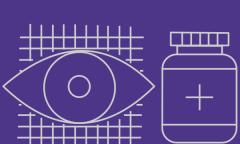What do I need to know about someone's epilepsy?
You may be able to help someone with epilepsy if you know about their seizures. Here are some questions to help you.
- What type of seizures do they have, and what happens? For example a focal impaired awareness seizure or absence seizure.
- How long do their seizures normally last? Epileptic seizures usually stop by themselves. Although the length of seizures is different for each person a seizure usually lasts the same length of time for each person.
- How often do they have seizures? Some people keep a note of when their seizures happen, in a seizure diary.
- Are their seizures usually triggered or 'brought on' by anything, such as stress or tiredness?
- Do they have a history of status epilepticus? If so, do they need emergency medication?
- How long does it take them to recover after a seizure? Some people recover quickly, others may be confused for a while.
- Do they take anti-seizure medication? When do they usually take them?
- Do they have a medical ID card or jewellery that says how to help them during a seizure?
Information produced: September 2023
Anti-seizure medication (ASM)
This information is for both adults and children with epilepsy and answers some questions you might have about anti-seizure medication. Where we talk about controlling seizures or ‘seizure control’ we mean stopping seizures from happening.
Epileptic seizures
There are many different types of epileptic seizure. Any of us could potentially have a single epileptic seizure at some point in our lives. This is not the same as having epilepsy, which is a tendency to have seizures that start in the brain.
First aid for epileptic seizures
Managing seizures is often simple: keeping the person safe from harm and staying with them as they fully recover afterwards.
Want to know more?
For a printed copy contact our Helpline



